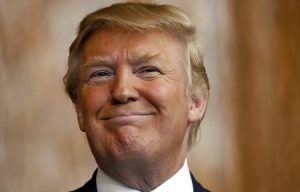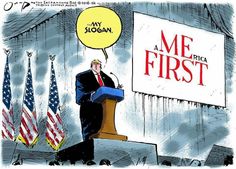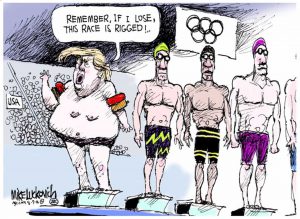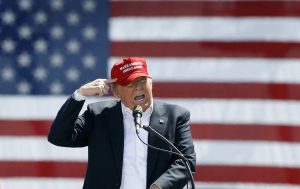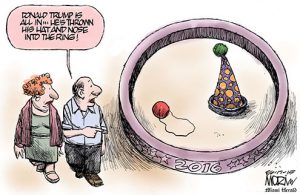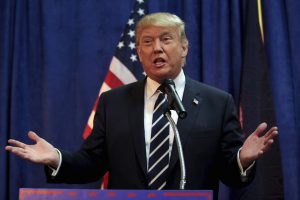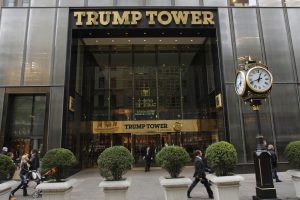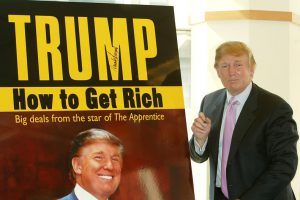As the “election” comes to an end tonight, millions of votes will be cast and the fate of America will be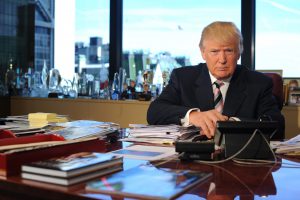 determined, the topic of Trump the businessman seems no where to be found. The rhetoric that has been flooding news and media outlets at the close of the election surrounds topics regarding sexism, email scandals, and immigration. It has been quite some time since a news story was picked up about
determined, the topic of Trump the businessman seems no where to be found. The rhetoric that has been flooding news and media outlets at the close of the election surrounds topics regarding sexism, email scandals, and immigration. It has been quite some time since a news story was picked up about
Trump University or his business savvy helping him avoid taxes. So, how helpful was the business background for Trump?
It made him who he is
For challengers choosing to run for president, they are not given the advantages that incumbents naturally possess with regards to how well the public knows them. Because of this, the surfacing stage of presidential campaigns is inherently important. Often times, the surfacing stage allows the public to get to know a politician, who they are, what they stand for, and why they should pay attention. For Donald Trump, the surfacing stage took on a whole new meaning.
His business background and television history had made him a household name before his political 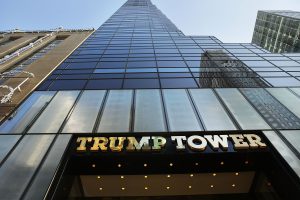 chapter began. This allowed much of the surfacing stage to be self-accomplished already. One main aspect of the surfacing stage that was fueled by his business background is developing expectations about a candidate’s style and determining main issues. As it was all much of the public knew about
chapter began. This allowed much of the surfacing stage to be self-accomplished already. One main aspect of the surfacing stage that was fueled by his business background is developing expectations about a candidate’s style and determining main issues. As it was all much of the public knew about
Donald Trump, his business success and knowledge in the field defined his surfacing stage. Much of the discussion both before and during the primaries was his ability to provide an outside of politics view into the future of America. Many of his initial supporters foresaw successful business to be the key to fix the nation’s economy.
Did it matter?
By the end of any election, certain characteristics of candidates are often forgetten, looked over, and deemed insignificant or important in light of other issues. This can be said about Donald Trump being a business tycoon. It has not been forgotten, but it simply stands as a basis for his initial ride into politics and garnering support from the very beginning. It was not the only reason, but it most certainly gave him. Does it help now? That will be decided by the voters at the end of this historic election day.

